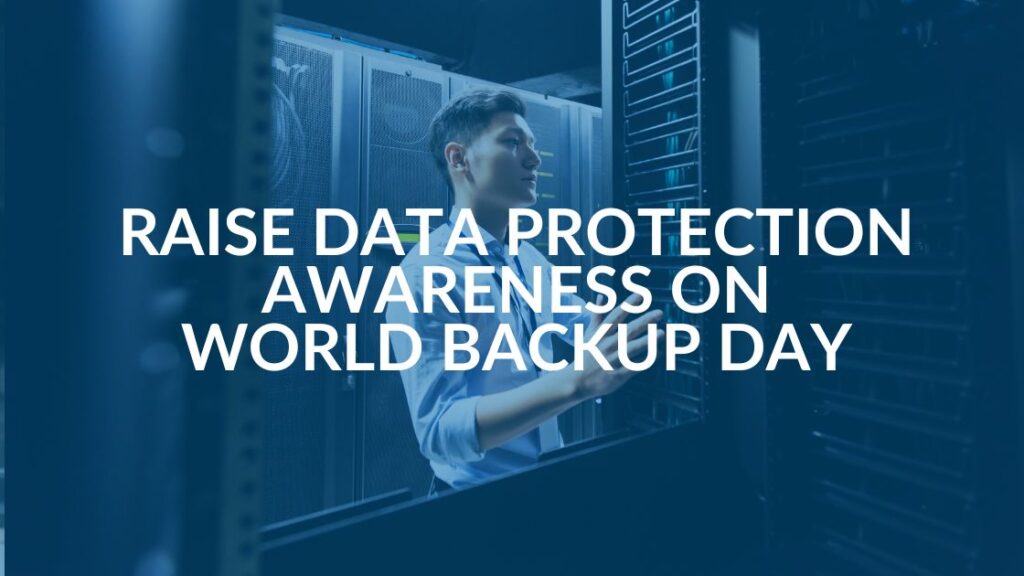Was Your SSN Leaked? Understanding the Impact of a National Public Data Breach
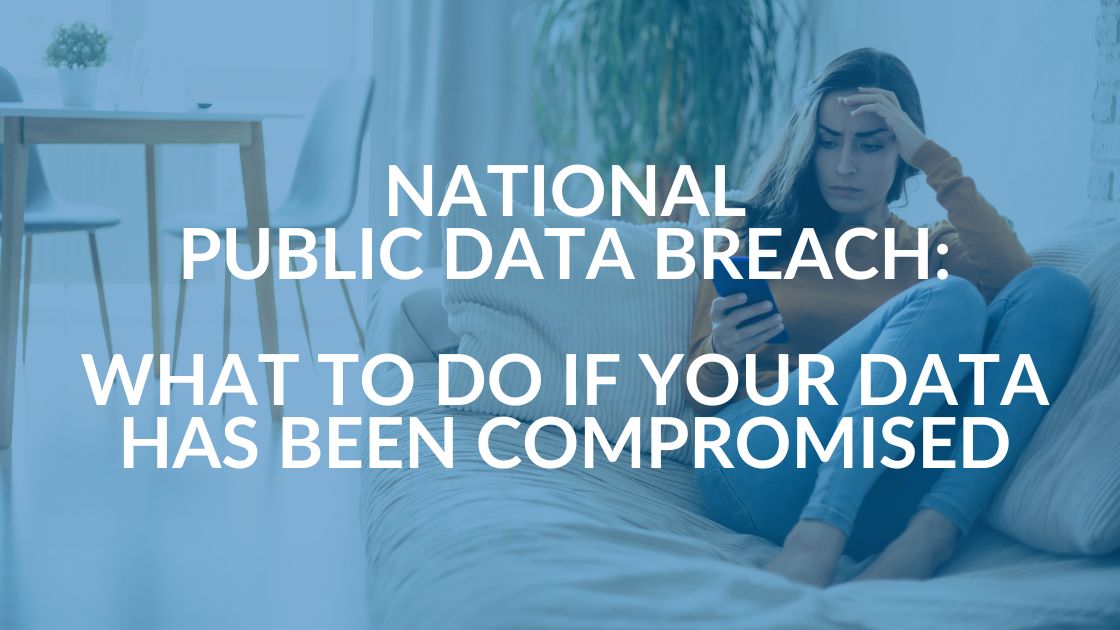
A recent national public data breach has sent shockwaves through the country, exposing the sensitive data of millions of Americans. Among the most alarming aspects of this breach is the exposure of Social Security numbers, which are critical for personal identity protection. As one of the largest breaches in U.S. history, it has raised significant concerns about identity theft and the overall security of personal data.
The Scope and Impact of the National Public Data Breach
This data breach is not just another random cyber incident; it’s a significant event with far-reaching consequences. Millions of Americans are now at risk of identity theft due to the exposure of their Social Security numbers, birth dates and residential addresses.
The national public data breach affected numerous organizations, small and large, making it a widespread issue that could take years to fully understand and mitigate.
The scale of this breach has prompted federal authorities to step in and strongly urge citizens to take immediate action to protect all personal information. Social Security numbers are among the most sensitive pieces of personal information because they serve as a unique identifier for financial and government-related activities. Once these numbers are exposed, the risk of identity theft increases significantly.
Cybercriminals can use stolen Social Security numbers to open new credit accounts, apply for loans and even file false tax returns in the victim’s name. The fallout from such activities can be devastating, leading to years of financial and legal challenges for the affected individuals.
How to Check if Your Information Has Been Compromised
If you are concerned that your information may have been compromised in the national public data breach, there are several steps you can take:
- Use online tools: Several online resources allow you to check if your Social Security number and other personal information have been exposed. Websites like the Federal Trade Commission (FTC) and Pentester often provide tools to help you determine if your data was part of the breach.
- Monitor your credit reports: Regularly check your credit reports from the three major credit bureaus: Equifax, Experian and TransUnion. Look for any unusual activity, such as new accounts that you did not open or inquiries from unfamiliar creditors.
- Consider identity theft protection services: These services can provide ongoing monitoring of your personal information and alert you to potential identity theft. Some services even offer insurance and legal support if your identity is stolen.
- Hire a team of IT professionals: Dealing with technology and cyber security without expert help may cost you a great deal. Hire a managed IT services provider to monitor your data 24/7 to significantly reduce the risk of data breaches or the loss of sensitive client information due to an attack. Fully protect your company’s data, assets and people from cybercrime with Intrust IT’s security operations center (SOC).
Additional Steps You Can Take to Protect Your Identity
In the wake of such a massive breach, it’s essential to take proactive measures to protect your identity:
- Place a fraud alert or credit freeze: A fraud alert can make it harder for identity thieves to open accounts in your name. A credit freeze, on the other hand, locks your credit file, preventing new credit applications without your consent.
- Use strong passwords: Ensure that all your online accounts have strong, unique passwords. Consider using a password manager to help you create and store them securely.
- Be wary of phishing scams: After a data breach, phishing scams often increase and email security becomes a huge concern. Be cautious of any unsolicited emails, texts or phone calls asking for personal information.
The national public data breach serves as a stark reminder of the vulnerabilities in our digital world. By staying informed and taking the necessary precautions, you can mitigate the risks associated with this and future breaches.
Contact Intrust IT today or schedule a meeting to speak with one of our cyber security experts so you can learn how to stay vigilant, protect your information and take proactive steps to secure your identity.
Share this Blog
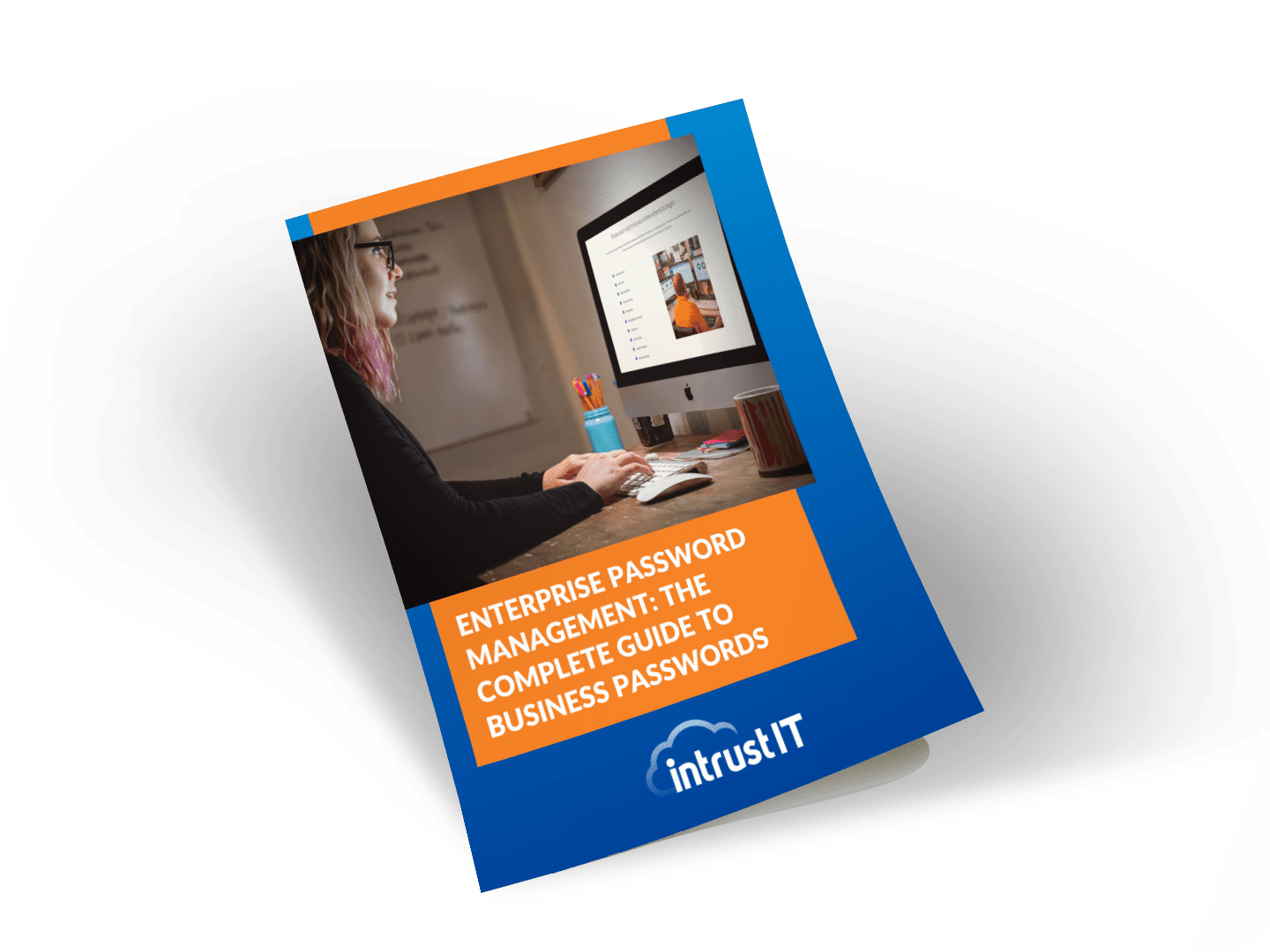
Is Your Name or Birthday a Part of Your Password?
If so, you’re a part of the 59 percent of people who don’t follow proper password hygiene. More than 70 percent of passwords are used for more than one system, meaning if cybercriminals crack one, they can access a lot more accounts.
Our free Enterprise Password Management Guide will give you the best password hygiene practices to help you secure your computer and your business.
Download the Guide
Explore the Latest Trends in IT

Edge vs Chrome Security: Which Is the Best Browser for Your Business?
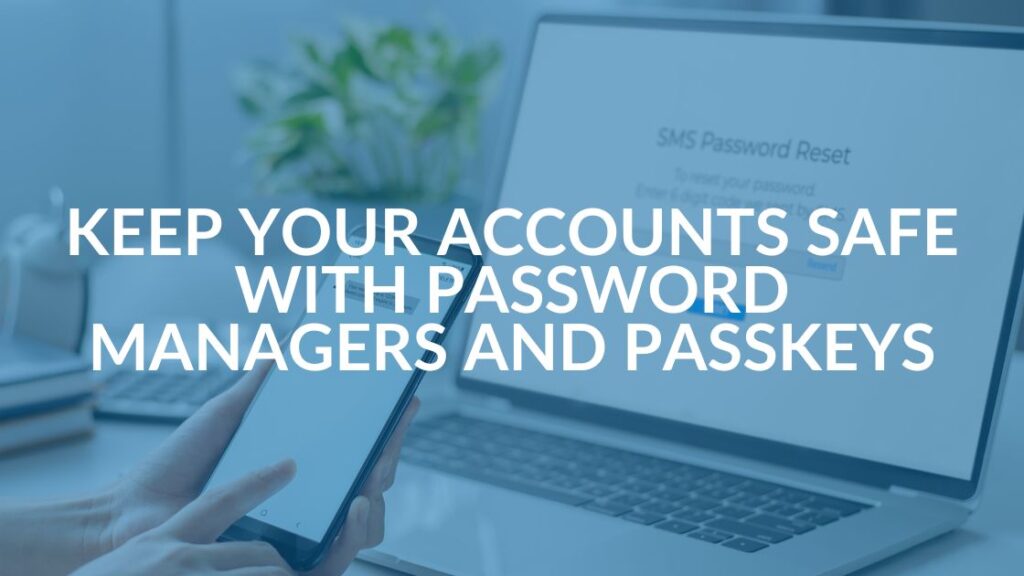
Unlocking Security: The Power of Password Managers and Passkeys for Business Professionals
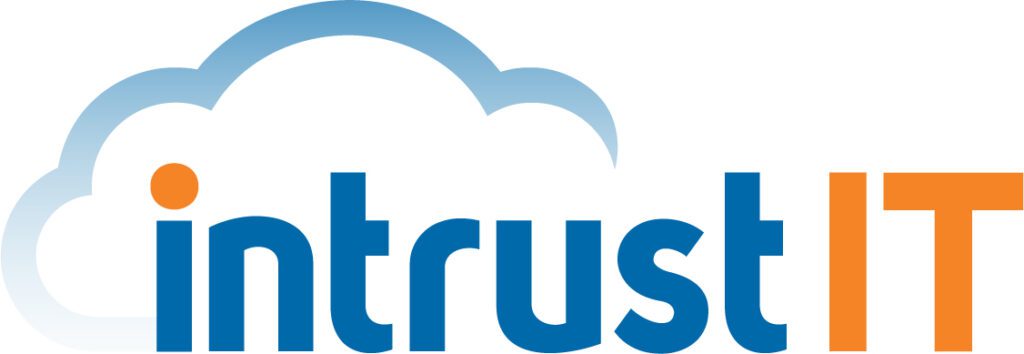
Intrust IT Acquires Commercial IT Support Division of Entegrity Consulting Group
